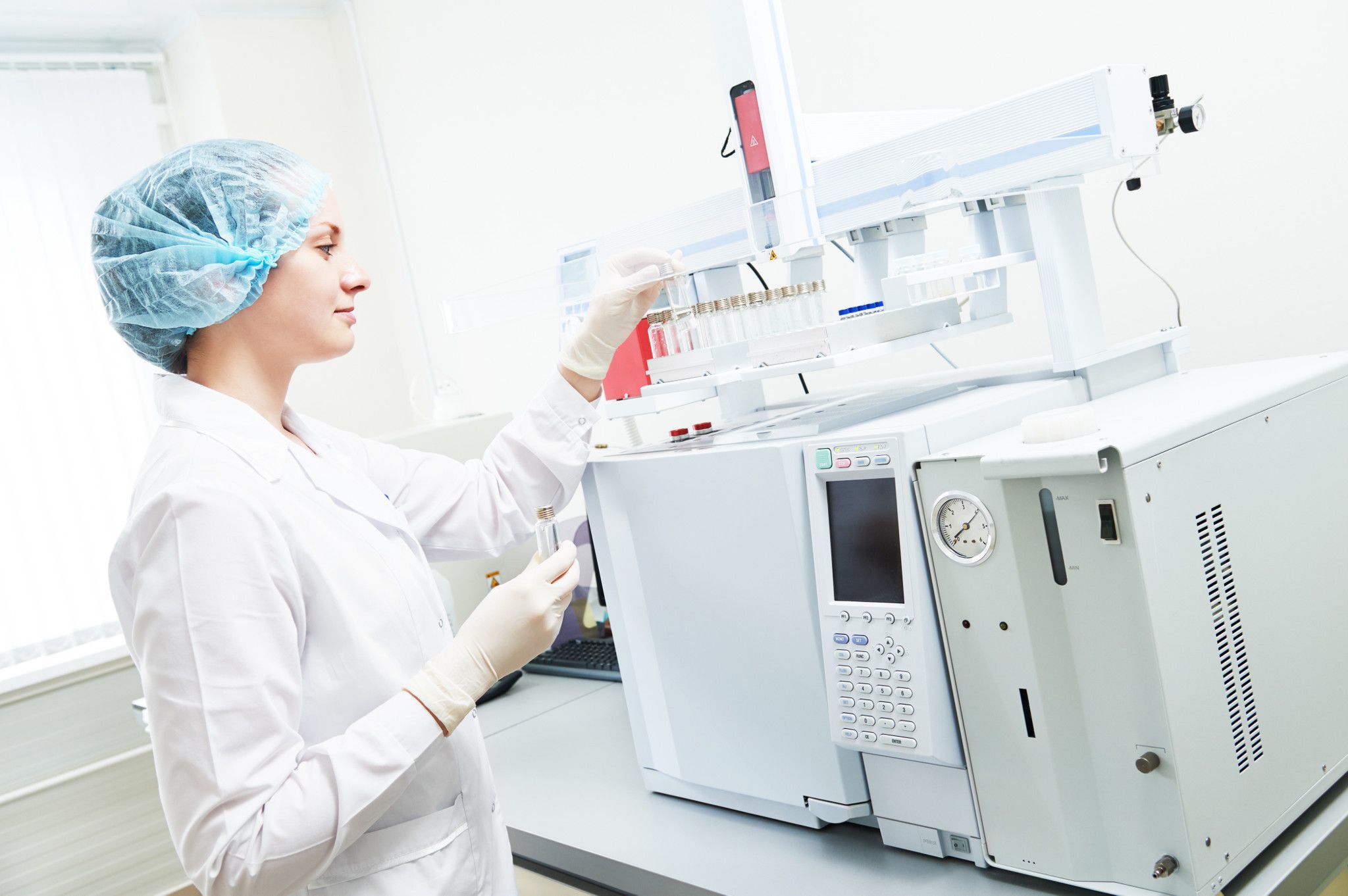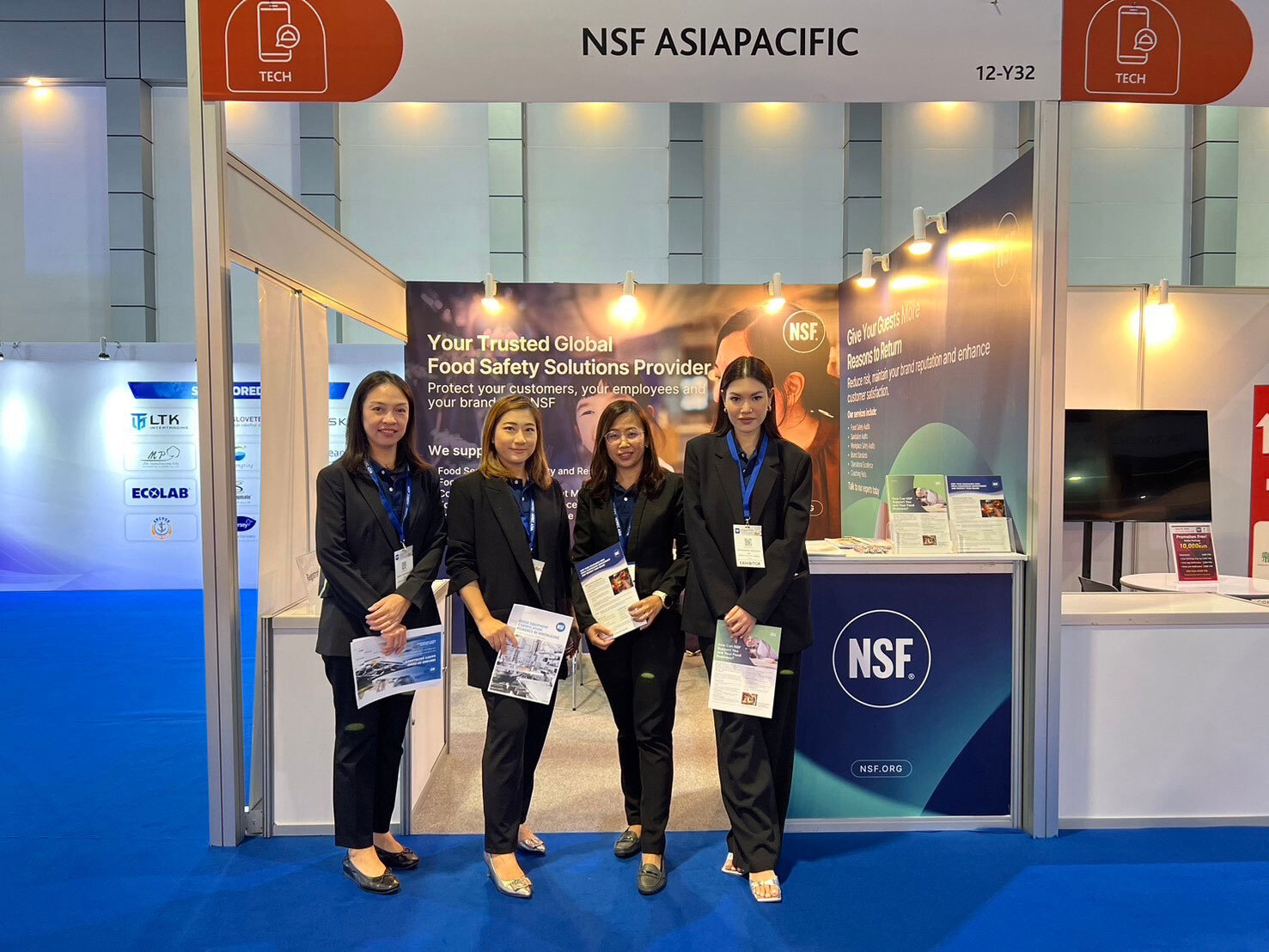The Five-Step Guide to Effective Pharma Manufacturing Outsourcing

In the global market, outsourcing is no longer an option; it is an economic necessity. It can be a tremendous asset to integrate another firm’s capabilities and expertise into your network, and, conversely, it can add complexity, additional cost, and unpredictable risk into the supply chain. So how do you know if it is a good idea or not? In this article, we address the challenges of outsourcing pharma manufacturing, provide tips on selecting an outsourcing manufacturer and offer advice for due diligence.
Risk management across a global supply chain has never been a stronger factor in assuring economic success than it is now. Emerging pharma hubs are springing up across the world, and this provides us with many more options on where to place our valuable assets. Global communications, the growth of pharma knowledge and the broadening of scientific expertise in newer locations have all contributed to a wider and more complex set of options. However, recent geopolitical events and issues, such as the COVID-19 pandemic and the difficulties experienced in one of the world’s most important shipping routes, the Suez Canal, in recent times, highlight the need for a robust supply chain.
The process of outsourcing has always been well defined yet surprisingly not always well managed. The following key steps define the process. However, you might want to get a piece of paper and count how many of these are in place and under control in your organization:
Selecting a Pharmaceutical Manufacturing Outsourcing Partner
- Identify potential outsourcing partners
- Questionnaires to help you identify them
- Site visits
- Initial systems based GMP inspection
- Due diligence assessments, including business continuity planning
- Quality technical agreement
- Detailed preproduction GMP inspection
- Preproduction technical reviews
- Decision on person in plant and setting up a technical partnership
Consider the Initial Manufacturing Batches
- Proof-of-concept batches (these can be small-scale, but less risk at production scale)
- Revision of quality technical agreement following technical and quality audits
- Engineering batches
- Process validation batches
- Perform stability testing of outsourced material, e.g., active pharmaceutical ingredient and/or final drug product (DP)
- Manufacturing of a bio batch (includes stability testing of outsourced material and final DP)
- This can include some bioequivalence studies
Once the new contractor is established, a proportionate and insightful oversight program is needed, and this will often include considerations for a person in plant, a management review process and technical/GMP on-site reviews.
Getting an Independent Assessment of Outsourcing Options
NSF is noticing a trend in which a variety of pharma companies want a third-party perspective on the suitability of an outsourcing option, seeking a thorough and impartial assessment of risk, distinctly outside the influence of internal politics and financial targets. From such a review, NSF can measure the resource burden of setting up and providing ongoing monitoring of the outsourced location, the inherent risks, and how to identify and manage them effectively. We can advise on any operational or GMP remediation programs needed to ensure that the manufacturing location can provide a GMP-compliant product “on time in full” and “right first time.”
Here are some examples from 2021 to early 2023 in which we have supported firms on their outsourcing projects:
- Identifying contract laboratories
- Identifying contract manufacturing organizations associated with sterile products, specialist biomaterials, non-steriles and APIs
- Executing due diligence assessments, business continuity plans, and operational and quality reviews
The activities above have given firms the 20/20 vision required to make the right decision for the right reasons.
Keep a Very Close Eye on Your Contractor — Risk Levels Tend To Change Quickly
Key hazards include:
- Initiative overload
- New business
- Staff turnover
- Management changes
- Regulatory expectations change without contractor’s full attention
- Contractor not turning out how you thought they would
Our Key Learnings From Outsourcing in Recent Years
The main takeaways from outsourcing include:
- Outsource only for the right reasons and only to proven specialist contractors
- Use risk mitigation techniques in making the decision
- Work up a realistic budget for setup and ongoing mentoring
- Be aware of and act in the initial period
- Be detailed at management review
- Use highly experienced specialist GMP auditors and person in plant
- Ensure that contractors are treated as an extension of your team and an integral part of your pharmaceutical quality system
- Select highly characterized products or low-risk dose forms to be carried out, e.g., formulation and fill/finish
We Can Help — Talk to Us Today
NSF performs these types of assignments with a variety of firms across the world and can differentiate between good and bad decisions, and between solid and risky strategy. We can help you when considering your outsourcing strategy. Contact us at healthsciences@nsf.org or by completing the form below, and we will get back to you to help you with any outsourcing queries your firm might have.
Ready To Begin the Process?
Contact us with questions or to receive a quote.
Pharma and Biotech Industry Audit Services
How NSF Can Help You
Get in touch to find out how we can help you and your business thrive.

What’s New with NSF

NSF Shanghai Named Critical Site for NSF/ANSI 455 and NSF/ANSI 173 by ANSI National Accreditation Board
July 26, 2024
NSF Takes Center Stage at NEHA Annual Education Conference
July 25, 2024
NSF Asia Pacific Showcases Hospitality Solutions at THAIFEX HOREC Asia 2024 in Bangkok, Thailand
July 4, 2024
